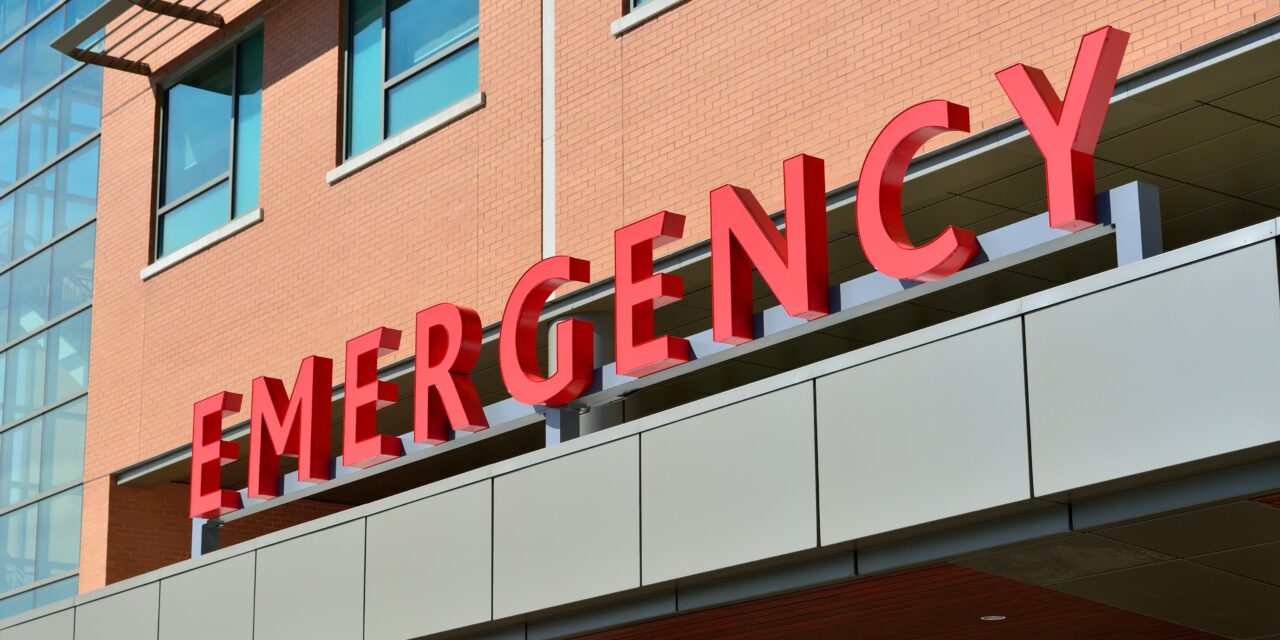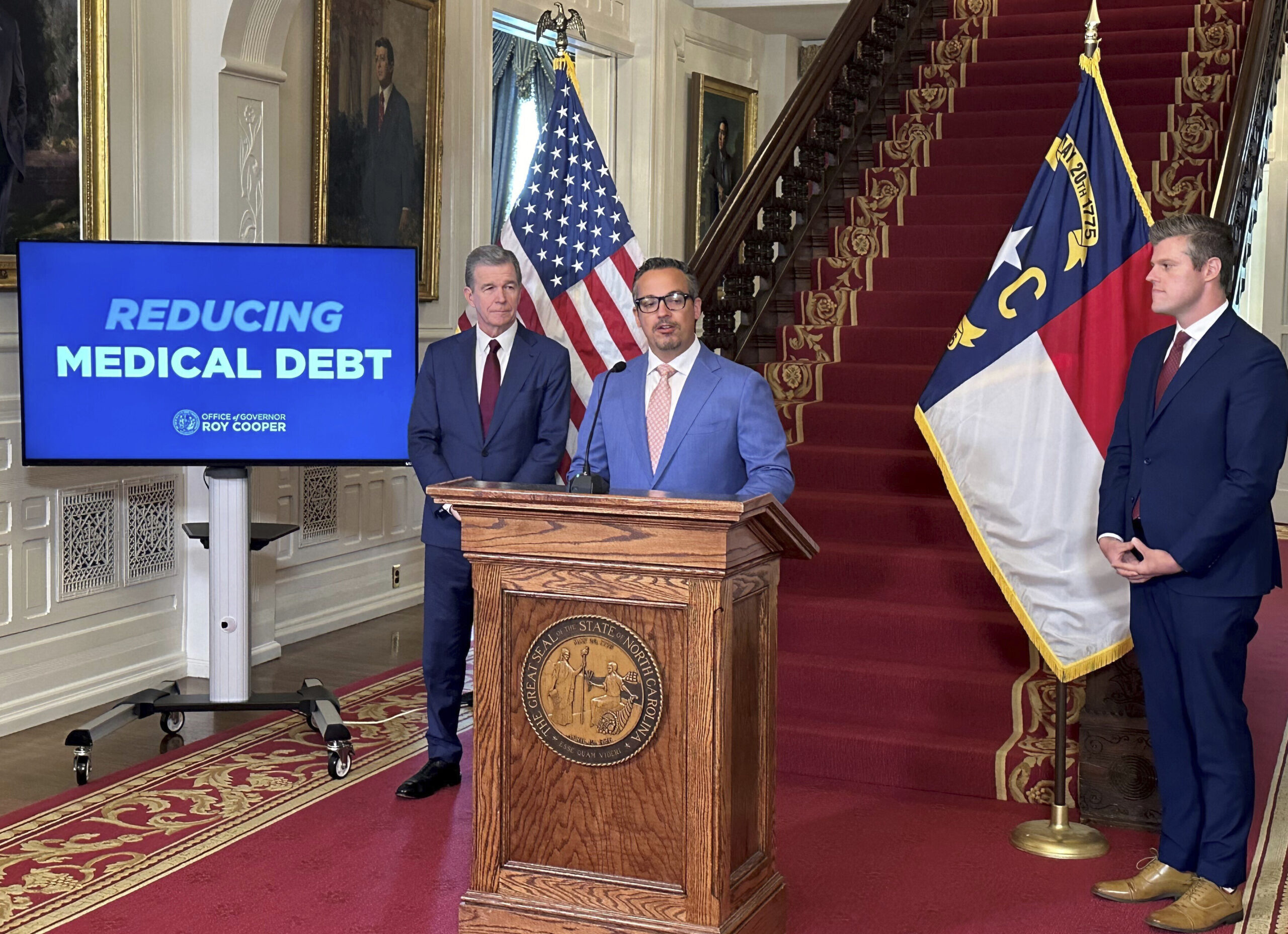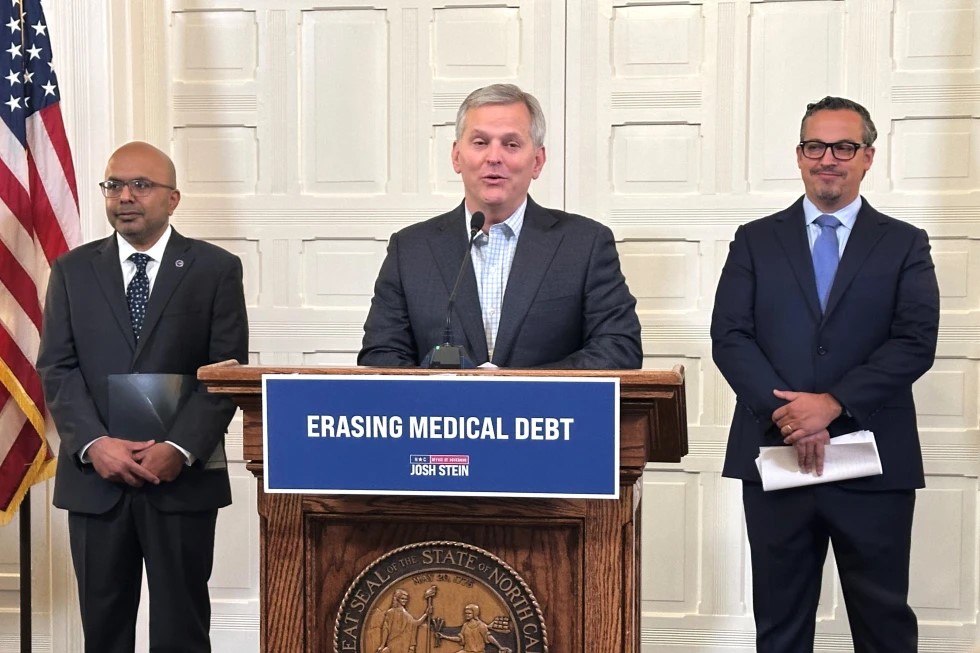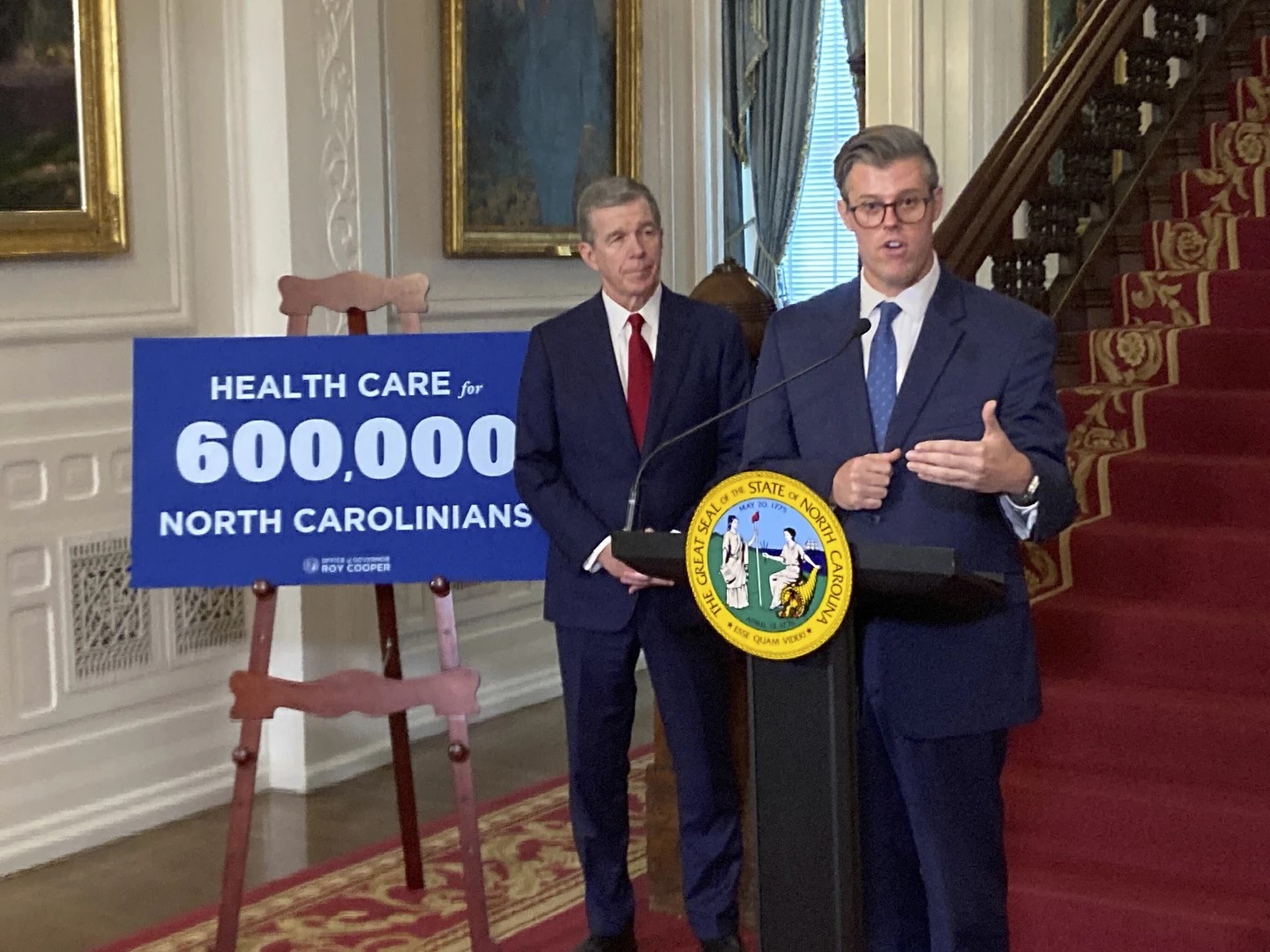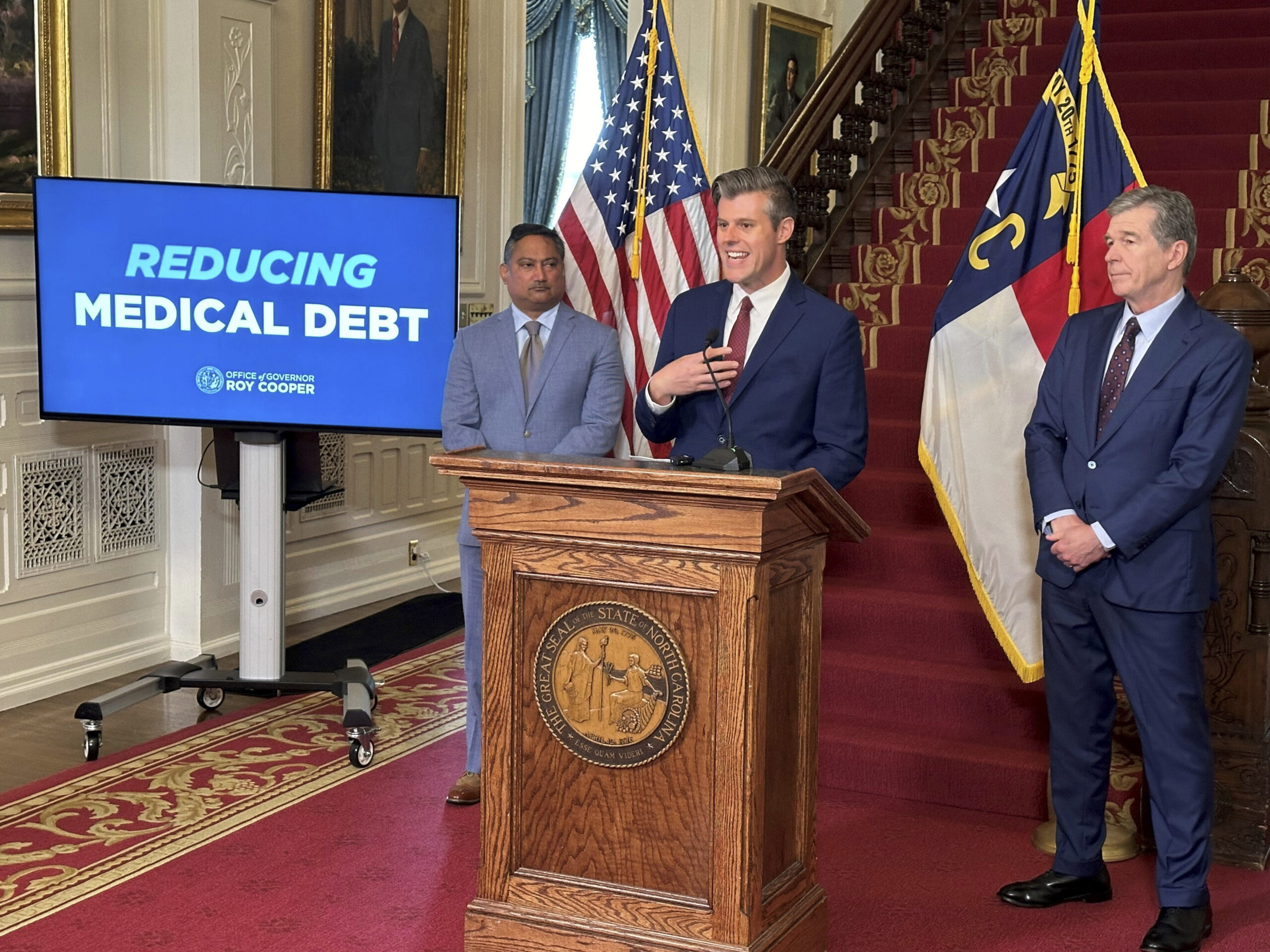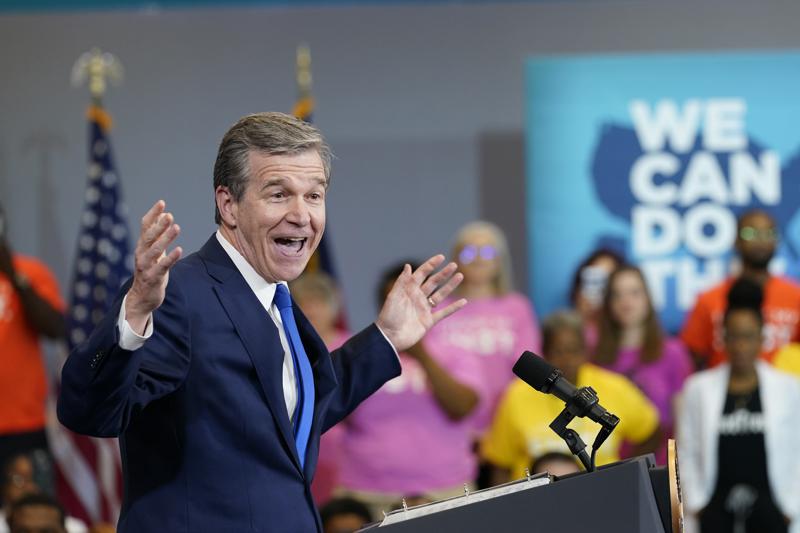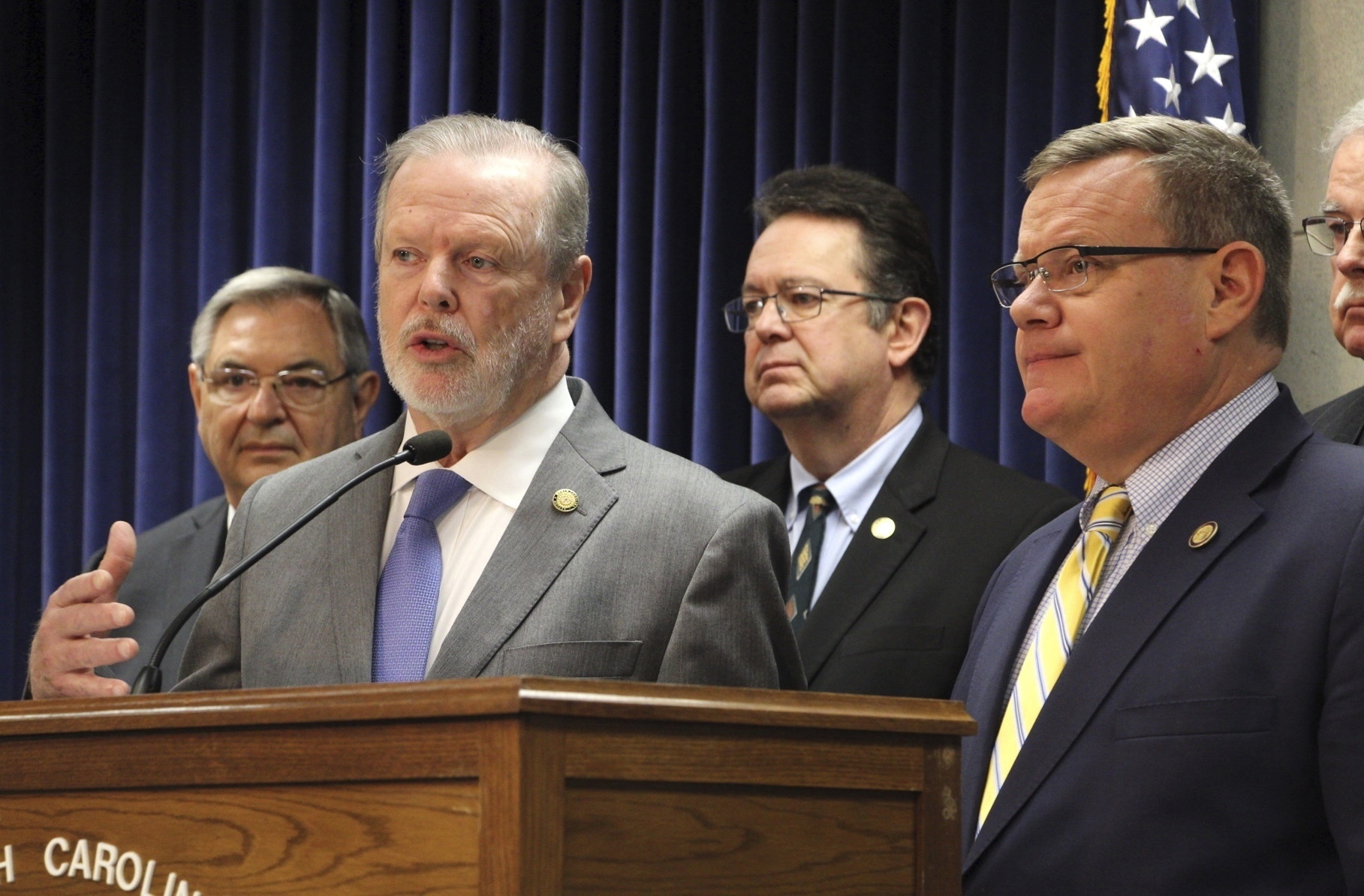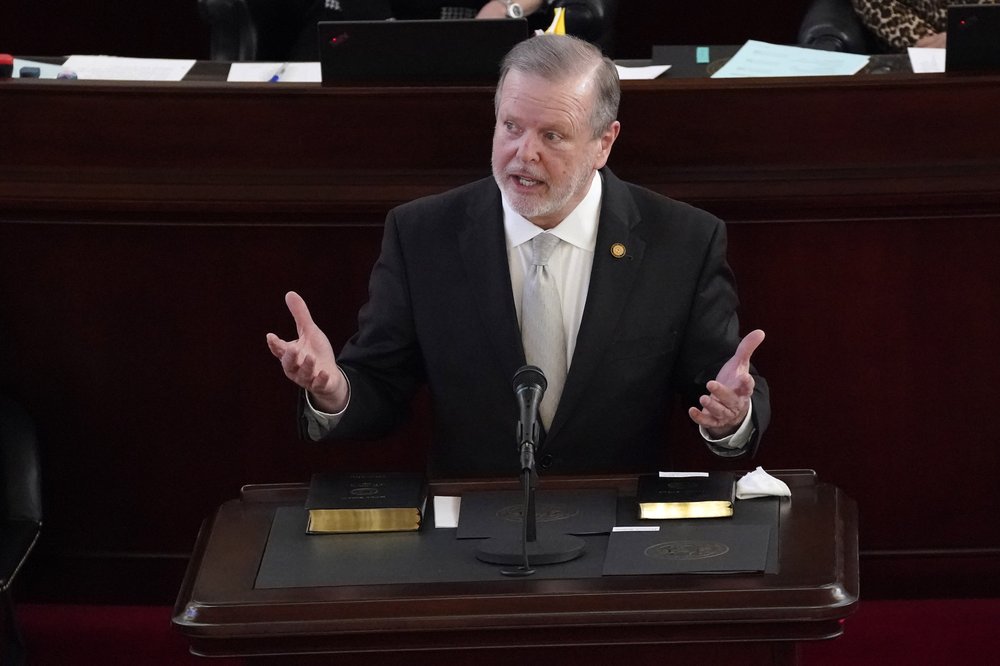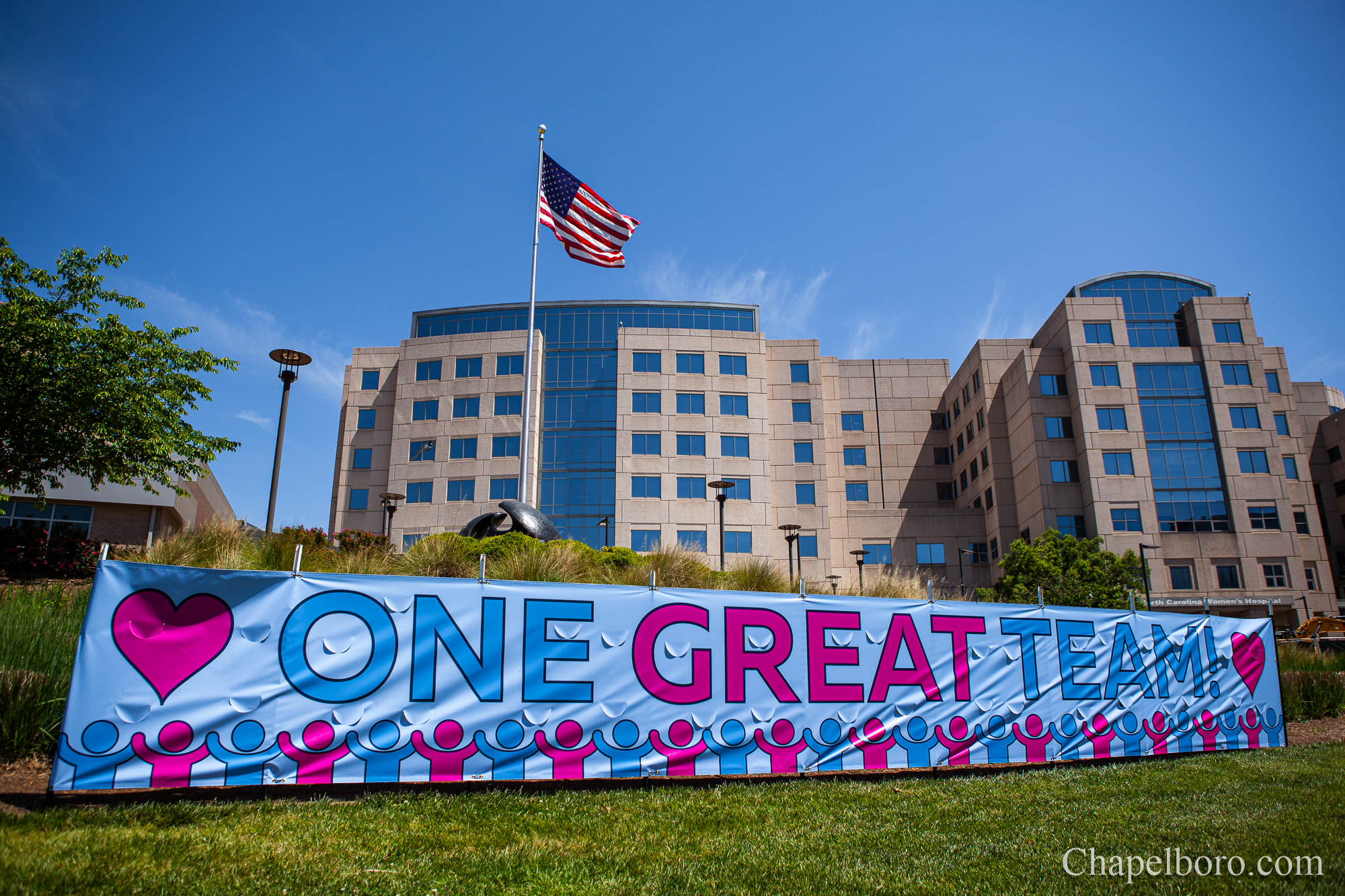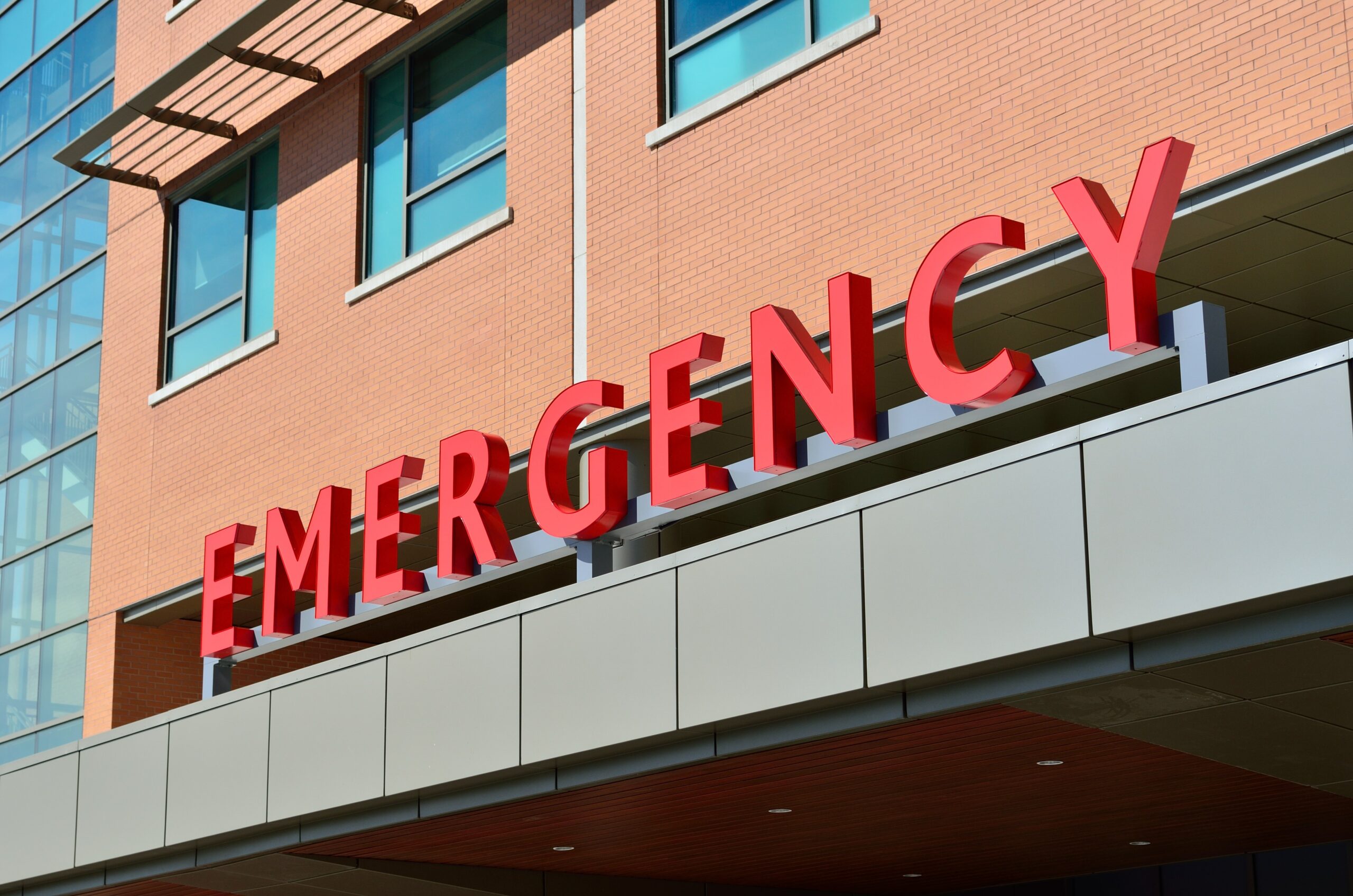Written by THE ASSOCIATED PRESS
North Carolina nonprofit hospitals too often are billing poor people for medical care when they should write the expenses off as a result of their tax-exempt status, according to a report released Wednesday by the state treasurer’s office.
The report, developed by the State Health Plan and the National Academy of State Health Policy, declared a “lack of transparency obscures” how common such billings are and how “existing law offers little protection to patients and taxpayers.”
A bipartisan group of state lawmakers, along with State Treasurer Dale Folwell, held a news conference about the report and called for reforms, according to news outlets. They include setting minimum requirements for how much charity care nonprofit hospitals must provide.
“The findings in this report show the need for greater accountability,” Folwell said in a news release. “Despite lucrative tax breaks, nonprofit hospitals do not always provide more charity care than their for-profit counterparts.”
The North Carolina Healthcare Association, which represents for-profit and nonprofit hospitals and hospital systems, said in a extensive written statement that “charity care spending and community benefit investment activity is transparent and accountable.”
The group blasted the news conference as a “public relations stunt” by Folwell at a time when hospital staff is stretched thin while handling record hospitalizations during COVID-19.
Folwell, a Republican reelected in 2020, also released a report in October that found a majority of the state’s largest nonprofit hospital systems failed to provide a monetary charity care that exceed 60% of the value of the system’s tax breaks they had received in recent years.
Wednesday’s report, which Folwell said was peer-reviewed by Rice University researchers, found that some nonprofit hospitals in fiscal year 2019 billed $149.2 million to poor patients who should have qualified for charity care under the hospitals’ own policies. But that covered fewer than 20% of the state’s nonprofit hospitals, the report said.
Citing 2019 federal tax filings, an average 12% to 29% of bad debt for nonprofit hospitals in the state should have been charity care, while the national average, last recorded in 2017, is 10%, according to report findings. The pandemic likely is making the problem of patient debt worse, the report said.
The report also alleges that hospitals seeking to collect unpaid bills sometimes do so through damaging credit scores or suing patients. Some hospitals also have encouraged patients to open “medical credit cards” that charge interest to pay bills, the report said.
The health care association has pointed previously to community benefits that hospitals provide to their coverage areas beyond charity care spending, including research, health worker training and in-kind donations. Hospitals must annually submit audits to tax regulators to retain their tax-exempt status, according to the association.
“There should be no doubt that nonprofit hospitals are proudly fulfilling their charity care and community benefit commitments to North Carolinians,” the association’s Wednesday statement said. The pandemic is causing hospitals to spend reserves, the group said, keeping them off-balance financially, the association said. The association supports expanding Medicaid to cover hundreds of thousands of additional lower-income adults.
Folwell’s department oversees the State Health Plan, which spends $3 billion on health care and pharmacy services annually to cover up to 750,000 people — current and retired public employees and teachers, as well as their dependents.

